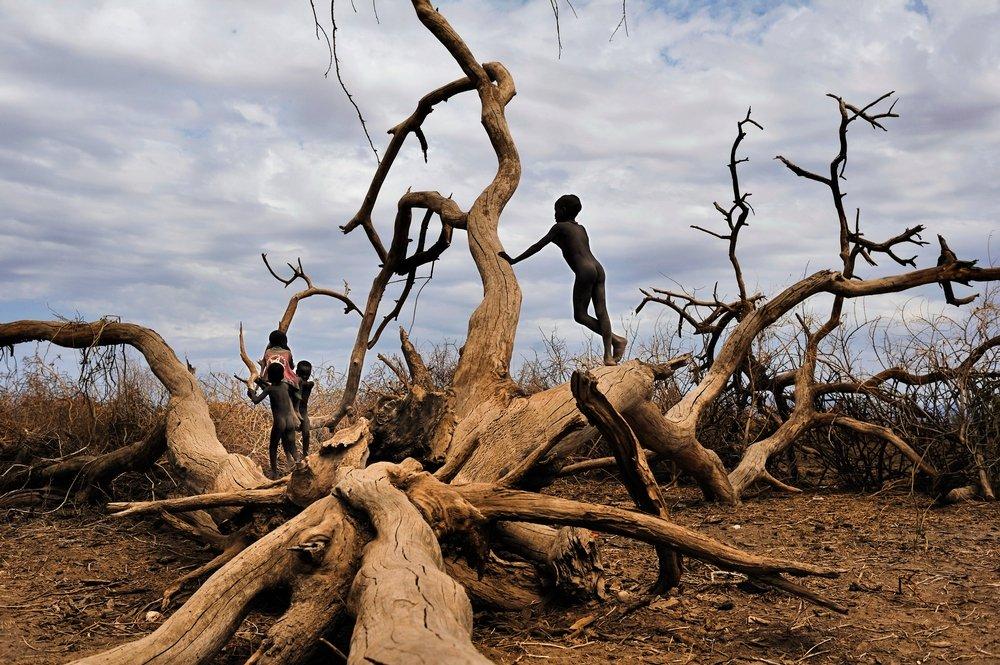
Geneva - This week, government leaders gather in Geneva on the occasion of the 63rd UNHCR Executive Committee, while in Dadaab, the world’s largest refugee camp, Somali refugees continue to live in extreme conditions amid a climate of fear.
The international medical organisation Doctors Without Borders (MSF) urges states parties to the Refugee Convention to fully engage with the host Government of Kenya and UNHCR so they can fulfil their responsibilities towards the refugees in Dadaab. Drastic measures to improve their protection and assistance must be implemented now.
“We are seriously questioning the overall level of assistance provided to the refugees,” says Bruno Jochum, MSF General Director, who visited Dadaab’s Dagahaley camp last week. “With security conditions worsening, basic services and the provision of aid have been significantly reduced and it is no surprise that refugees are yet again facing cholera and a new outbreak of hepatitis E.”
Since last year, international funding for the camps has been cut by more than 40 percent while the refugee population has continued to grow. With the rainy season about to begin, MSF is alarmed by the lack of shelter and sanitation. The temporary assistance currently being provided is clearly not enough and it is only a matter of time before a new major humanitarian crisis hits the camps again.
MSF also deplores the insufficient protection of the refugees. “The fact that newly arrived refugees are not being registered is simply not acceptable, and it is a clear violation of refugee conventions and international treaties,” continues Jochum. “We encourage the ongoing discussions to resolve this critical issue between the Government of Kenya and the UNHCR. Registrations must be swiftly reopened.”

With Somalia still embroiled in armed conflict, large-scale repatriation is a grossly premature option. Security conditions on the ground do not allow proper protection or aid delivery.
Despite a relative improvement in the security situation in the past months in Dadaab, refugees still face high level of violence inside the camps, which are not yet the safe haven they should be. The activities of humanitarian aid organisations, including MSF, are also heavily constrained. Since July,
following another security incident targeting aid workers, it has not been possible for MSF international staff to continue working on a permanent basis in the camp. Today, the medical organisation’s capacity to properly respond to acute health emergencies and to deliver quality medical aid is jeopardised.
MSF calls for the immediate reopening of registrations for newly arrived refugees and for the implementation of policies to guarantee their protection. Urgent steps must also be taken to meet the basic needs of the refugees, particularly shelter and sanitation. The wellbeing of the refugees in Dadaab must become the priority for States Parties to the Refugee Convention.
MSF runs a 200-bed hospital in Dagahaley, one of the five camps that make up the Dadaab refugee site. There are currently more than 400 severely malnourished children enrolled in the nutrition programme. MSF staff carry out an average of 14,000 medical consultations each month and admit 1,000 patients from the refugee and host communities. The hospital provides adult and paediatric care, maternity care, surgery and treatment for HIV/AIDS and tuberculosis. MSF also runs four health posts in Dagahaley, providing basic healthcare including antenatal care, vaccinations and mental healthcare.
One year ago, in October 2011, two MSF aid workers, Montserrat Serra and Blanca Thiebaut, were abducted in Dadaab refugee camp while carrying out emergency assistance for the Somali population. They remain in captivity, and MSF, while continuing to respond to acute crises, has put on hold the opening of any non-emergency projects in Somalia until their release.
Find out more about MSF in Kenya
